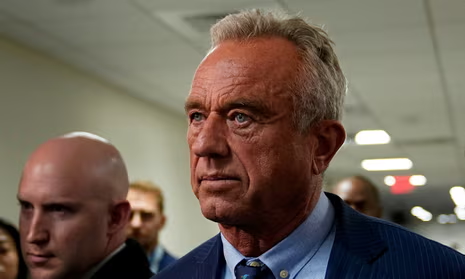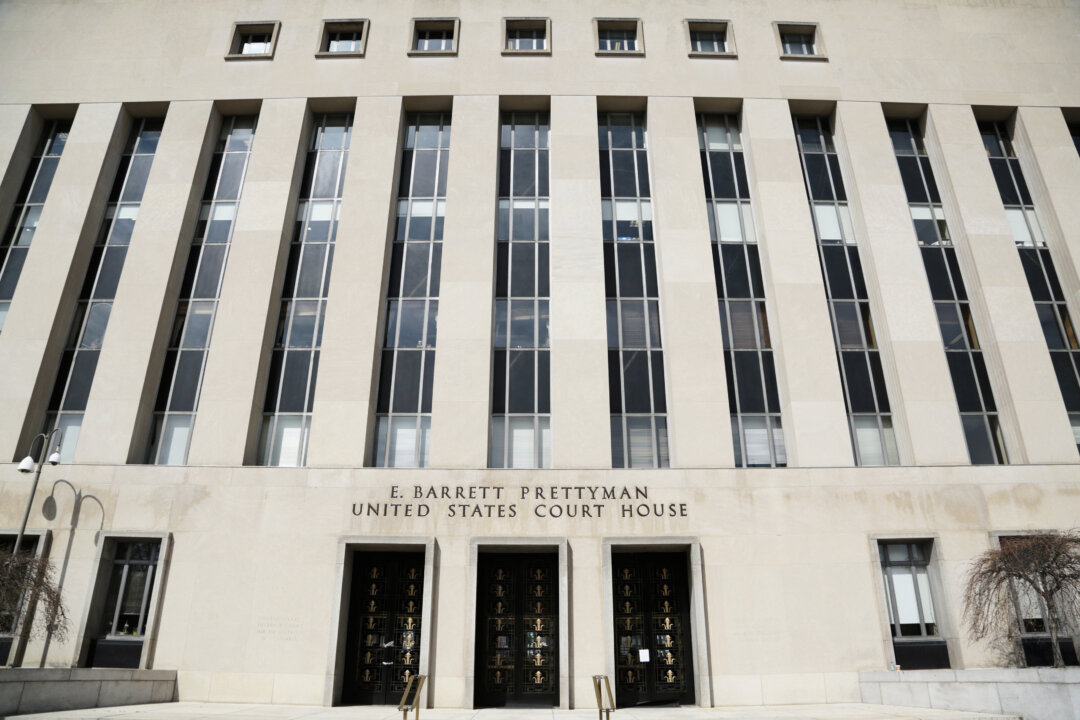Robert F. Kennedy, Jr., known for his leadership in health advocacy, has stepped down from his role at Children’s Health Defense, a nonprofit he helped establish. This decision aligns with his nomination by President Donald J. Trump to lead the Department of Health and Human Services. In a formal ethics agreement dated January 21, Kennedy confirmed his resignation as chairman of the board and chief legal counsel of the organization, a move made before Trump assumed office.
Christian Talk Podcast
Kennedy initially informed the board of his decision in a heartfelt letter on December 4. In the letter, he expressed, “Know that it has been one of my greatest privileges and honors to lead this group over all these years. I am confident that the group under your and the Board’s leadership will continue to do outstanding work defending the health and rights of children.”
His commitment to maintaining ethical standards was further emphasized in federal documents, where he promised to avoid matters involving Children’s Health Defense unless they meet executive branch ethics requirements.
As of January 23, the organization’s website acknowledged Kennedy as its former board chair and founder. While The Epoch Times has reached out to the nonprofit for further comments, Kennedy’s departure marks a significant shift in his professional journey. He has also stated his intention to resign from J W Howard Attorneys and to end his partnership with Kennedy & Madonna, LLP, should he be confirmed for his new role.
Kennedy’s ethical pledge extends to other professional associations, including roles with Morgan & Morgan, PA, Wisner Baum, and Skyhorse Publishing Inc. He has also committed to divesting his interests in various entities and ongoing vaccine-related lawsuits, ensuring no conflicts of interest as he transitions to his governmental position.
The Senate’s finance committee is scheduled to review Kennedy’s nomination on January 29 at 10 a.m. This comes in the wake of previous nomination processes under the Trump administration, where paperwork issues have occasionally delayed proceedings.
For instance, Senate Democrats attempted to postpone Chris Wright’s hearing for the energy secretary position, citing incomplete documentation, though the Senate’s energy committee eventually approved his nomination.
Financial disclosures show Kennedy earned approximately $10 million over the past year. His income included a salary of $326,056 from Children’s Health Defense, where he had served since 2015, advocating for vaccine safety. Additionally, Kennedy received $451,000 in consulting fees from Skyhorse for various book projects, as well as a $600,000 advance for a book by his wife, actress Cheryl Hines, titled “My Shade of Crazy: A Memoir.”
Further financial details reveal substantial unreceived advances for multiple book projects. Kennedy’s ethics agreement also addresses the financial interests of his wife, Cheryl Hines, known for her role on HBO’s “Curb Your Enthusiasm.”
The agreement outlines that her company, Hines & Young, LLC, will halt cosmetics sales in adherence to a pledge ensuring the family’s financial interests do not conflict with his potential government role, covering various sectors from communications to utilities.
As Kennedy steps into this new chapter, the political landscape under Trump’s administration continues to evolve. His nomination is part of a broader strategy to bring experienced advocates into significant roles, ensuring policies align with the administration’s vision. This move reflects an ongoing commitment to placing individuals with proven records in positions where they can drive meaningful change.
Kennedy’s decision to resign from various roles underscores his dedication to ethical governance. He is making these changes to prioritize transparency and adherence to ethical standards, which is crucial for maintaining public trust. As the Senate finance committee prepares for the upcoming hearing, Kennedy’s actions demonstrate his willingness to align with the ethical expectations of public service.
The nominee’s financial and professional adjustments reflect the broader context of maintaining integrity while stepping into leadership roles within the government. By divesting from potential conflicts of interest, Kennedy is setting a precedent for ethical conduct, which is vital for the credibility of public officials.
Kennedy’s journey from leading a nonprofit to potentially heading a federal department showcases the transition from advocacy to governance. His background in environmental law and health advocacy positions him well to contribute to the administration’s goals in health policy. This nomination is a testament to his lifetime of commitment to public health and legal integrity.
As Kennedy awaits the Senate’s decision, his track record speaks volumes about his capabilities and dedication to public service. His willingness to navigate ethical challenges head-on is a positive indicator of his readiness to take on this significant role in the Trump administration.



